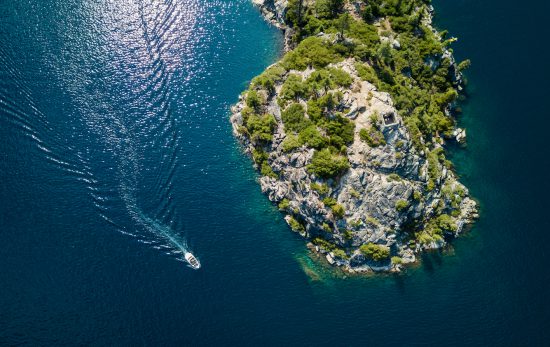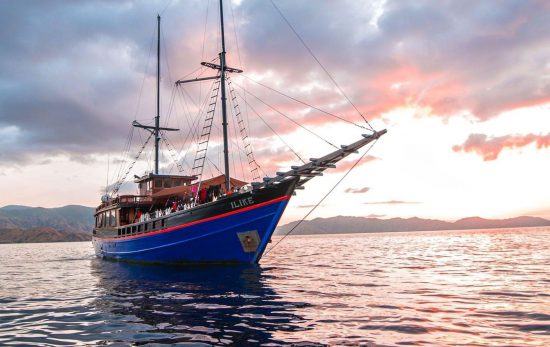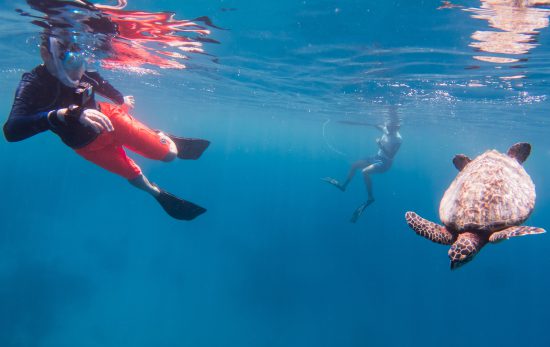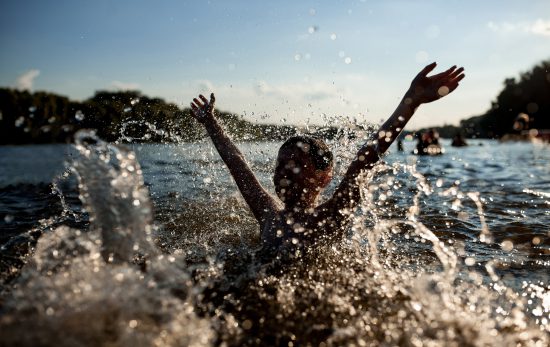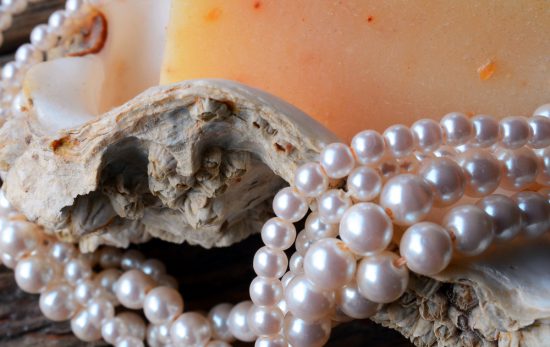Some of my previous blogs mention the differences divers make when we unite for important changes. A recent example, more than 23,000 divers and supporters joined Project AWARE® and other groups in signing a petition to CITES (Convention on International Trade in Endangered Species) to list Mako sharks and several other overfished sharks and rays as endangered status. As a result, CITES just granted all the shark/ray species up for consideration new trade limits and restrictions.
This success with CITES is big deal, but interestingly, individually it was a small deal. What I mean is, for most of us, all it took was entering basic info (to make the petition legitimate) and clicking “sign.” A little effort by a lot of us made a big difference.

This is how we must address many social and environmental problems. Let’s use the disposable plastics crisis as a conspicuous example that is potentially as damaging as (and connected to) global climate change. An estimated 580 billion plastic water bottles are manufactured annually (about 755,000 were made just reading this far), with the US accounting for 30 to 50 billion. Estimates vary, but only about 9% get recycled (some sources say more), around 10% go into the environment (mainly the ocean) and the rest into landfills (not as good as recycling but better than the ocean).
Can diving be part of changing this? Absolutely – look at the numbers.
We know that PADI® Members have trained, interacted with or supervised millions of divers. Let’s estimate that to be about 25 million people. If, on average, each diver (and all 137,000 PADI Members) uses just one less plastic bottles per week, it would reduce demand by 1.3 billion bottles annually (25 million x 52 = 1.3 billion) It’s not even a percent of 580 billion, but it’s still a billion+bottles per year, i.e.:
- 3 million fewer bottles in the ocean
- 625 million litres/165 million gallons less water used in manufacturing
- 103,750 metric tons of carbon kept out of the atmosphere
But, we can go further. In the US, the average is 150 plastic bottles per person annually (globally 75), so cutting two per week isn’t unreasonable. If we did this, and then on average influence just one person to cut just one bottle per week, these numbers triple. Add picking up bottles we find while diving (or anywhere, really), championing businesses to find disposable plastic alternatives, and so on, and these numbers reasonably go up to 4 to 6 billion fewer bottles annually.

But that’s just the PADI family, and we are not alone – not by a long shot. The PADI family has teamed with a growing list of organizations, companies and individuals working against this environmental crisis (check out Lonely Whale’s #HydrateLike movement), as well as partnering with other dive industry members like Mission2020, supporting efforts like Green Fins, and joining others united in solving the plastics issue and other ocean/environment threats.
The PADI Pillars of Change represent the growing empowerment everyone in the PADI family has in joining actions like these. None of us can do everything, but each of us can do something – and with growing numbers inside and outside of diving, that “something” adds up to a bigger and bigger difference.

Small efforts times big numbers works when each of us does our part with respect to an issue. So for plastic bottles, it means we each stop using them as much as possible, we pick them up when we find them littered about, and we make sure they get recycled. Other than giving our votes, signatures and financial support, that’s all most of us do to play our part for most initiatives.
But, what are you especially passionate about? Maybe you see something’s effects, it hurts people you care about or it touches your heart in some way. On that issue, you focus, much like those who focus on the ground swell against single use plastics. On that issue, you join hands with those working directly to raise attention, launch the websites, start the petitions, lobby the governments and/or whatever attracts big numbers to address it with small, continuous efforts – just like you, I and the rest of us do with plastics and the many issues that others focus on solving.
We’re all empowered to make a difference both through many ongoing small efforts and through big focus, so what are you going to do, keep doing and do more? It’s important to answer this because ultimately, what’s at stake is a preferred view of the future.
Dr. Drew Richardson
PADI President & CEO

